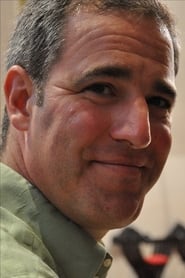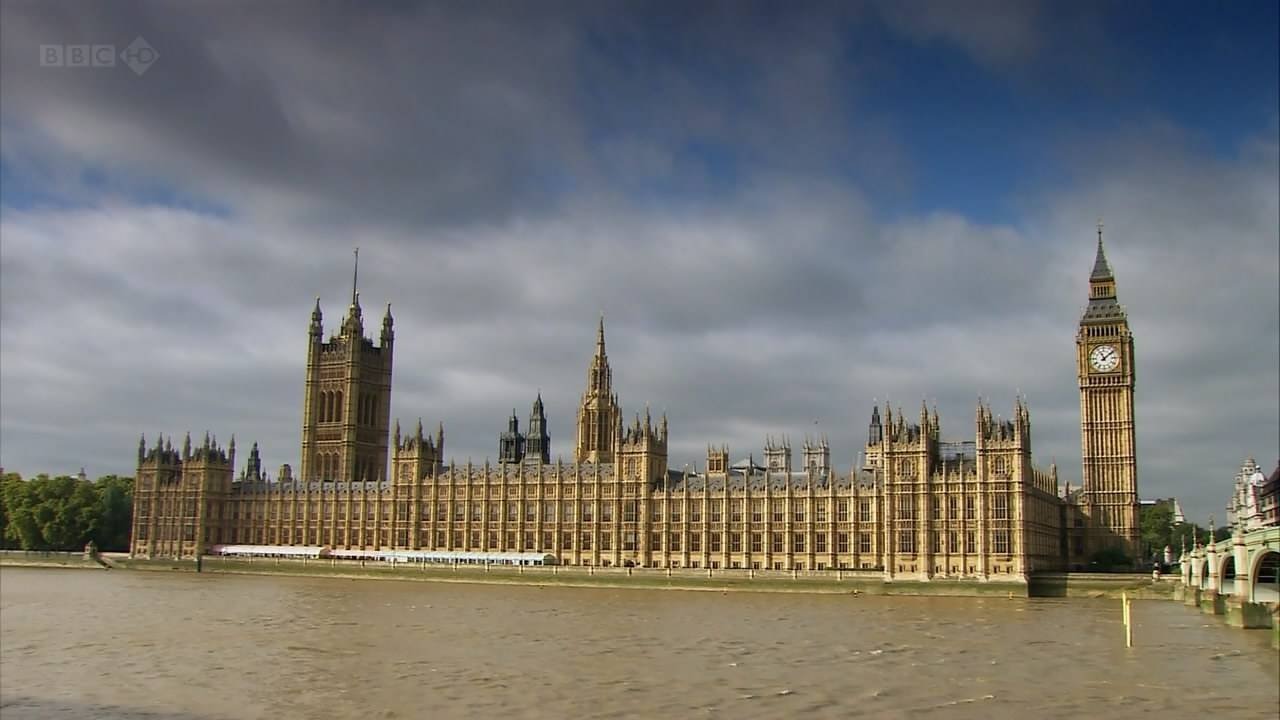
Pugin: God's Own Architect(2012)
Augustus Northmore Welby Pugin is far from being a household name, yet he designed the iconic clock tower of Big Ben as well as much of the Palace of Westminster. The 19th-century Gothic revival that Pugin inspired, with its medieval influences and soaring church spires, established an image of Britain which still defines the nation. Richard Taylor charts Pugin's extraordinary life story and discovers how his work continues to influence Britain today.

Movie: Pugin: God's Own Architect

Pugin: God's Own Architect
HomePage
Overview
Augustus Northmore Welby Pugin is far from being a household name, yet he designed the iconic clock tower of Big Ben as well as much of the Palace of Westminster. The 19th-century Gothic revival that Pugin inspired, with its medieval influences and soaring church spires, established an image of Britain which still defines the nation. Richard Taylor charts Pugin's extraordinary life story and discovers how his work continues to influence Britain today.
Release Date
2012-01-19
Average
0
Rating:
0.0 startsTagline
Genres
Languages:
EnglishKeywords
Similar Movies
 8.0
8.0Tales of Television Centre(en)
Various actors, presenters, directors and other staff who have worked at the iconic BBC Television Centre at Shepherd's Bush in London reminisce about their time there.
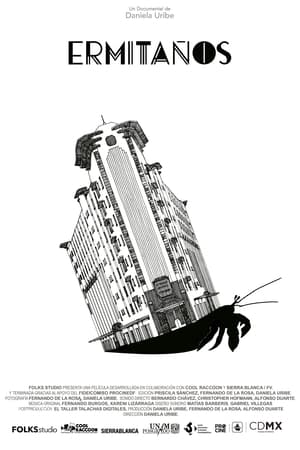 2.0
2.0The Hermits(es)
In the midst of the chaos of México City, a group of eight bachelor millennials who call themselves ´The Hermits´, open the doors to their tiny apartments in the historic Ermita Building, in the yet-to-be gentrified neighborhood of Tacubaya, and share their life experiences in a time when precarity changes the way in which we love, feel and relate to each other. As we explore the homes of these eight neighbors, we also witness their personalities intersect in a Whatsapp chat, a virtual space that functions as a supporting system that helps them face the adversities that living alone in this city brings.
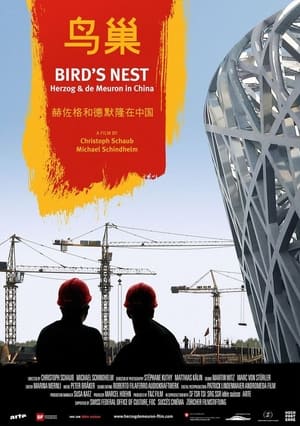 0.0
0.0Bird's Nest - Herzog & de Meuron in China(en)
Schaub and Schindelm’s documentary follows two Swiss star architects, Jacques Herzog and Pierre de Meuron, on two very different projects: the national stadium for the Olympic summer games in Peking 2008 and a city area in the provincial town of Jinhua, China.
 7.0
7.0Hogwood: A Modern Horror Story(en)
Hogwood: A Modern Horror Story takes you beyond the factory farm walls and follows an intrepid group of undercover investigators as they enter some of Britain's biggest factory farms for the very first time.
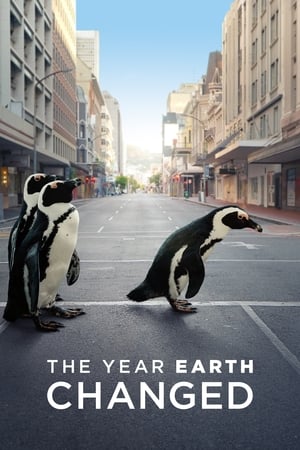 7.9
7.9The Year Earth Changed(en)
Never-before-seen footage shows how our living in lockdown opened the door for nature to bounce back and thrive. Across the seas, skies, and lands, Earth found its rhythm when we came to a stop.
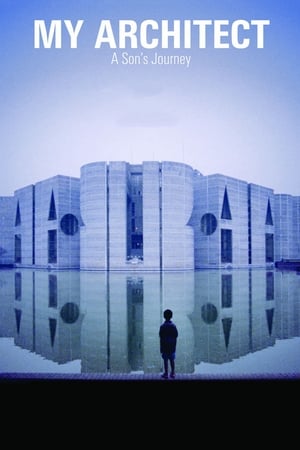 7.0
7.0My Architect: A Son's Journey(en)
World-famous architect Louis Kahn (Exeter Library, Salk Institute, Bangladeshi Capitol Building) had two illegitimate children with two different women outside of his marriage. Son Nathaniel always hoped that someday his father would come and live with him and his mother, but Kahn never left his wife. Instead, Kahn was found dead in a men's room in Penn Station when Nathaniel was only 11.
 6.0
6.0Attack! The Battle for New Britain(en)
Actual footage by the United States Signal Corps of the landing and attack on Arawe Beach, Cape Glouster, New Britain island in 1943 in the South Pacific theatre of World War Two, and the handicaps of the wild jungle in addition to the Japanese snipers and pill-box emplacements.
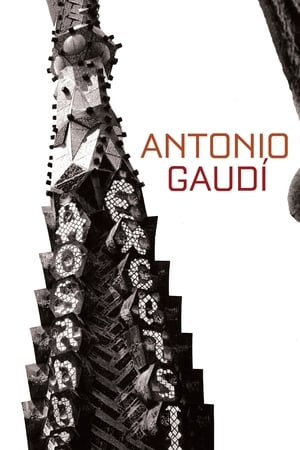 7.2
7.2Antonio Gaudí(ja)
Catalan architect Antonio Gaudí (1852-1926) designed some of the world's most astonishing buildings, interiors, and parks; Japanese director Hiroshi Teshigahara constructed some of the most aesthetically audacious films ever made. With camera work as bold and sensual as the curves of his subject's organic structures, Teshigahara immortalizes Gaudí on film.
 6.8
6.8Video Nasties: Moral Panic, Censorship & Videotape(en)
A documentary analyzing the furore which so-called "video nasties" caused in Britain during the 1980s.
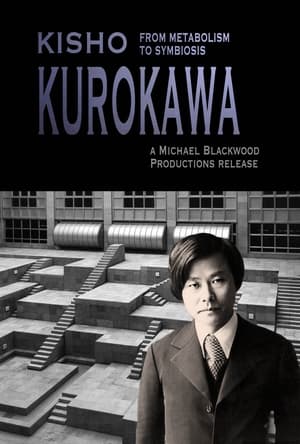 0.0
0.0Kisho Kurokawa From Metabolism to Symbiosis(en)
A portrait of the internationally acclaimed Japanese architect who employs Buddhist ideas and western modernism to achieve intercultural architecture.
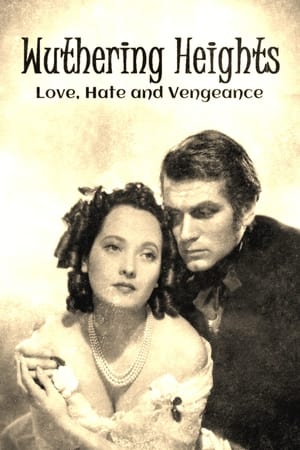 8.0
8.0Wuthering Heights: Love, Hate and Vengeance(fr)
In 1847, British writer Emily Brontë (1818-48), perhaps the most enigmatic of the three Brontë sisters, published her novel Wuthering Heights, a dark romance set in the desolation of the moors, a unique work of early Victorian literature that stunned contemporary critics.
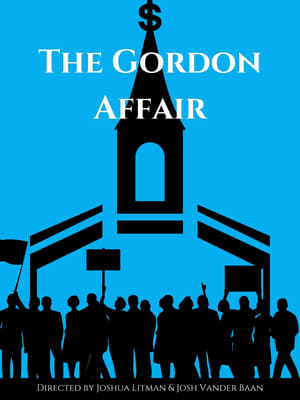 0.0
0.0The Gordon Affair(en)
As a small liberal arts college on the North Shore, Gordon College has not been without its issues. Budget cuts in 2019 resulted in the downsizing of several departments which impacted students' college career. In 2020 during the heat of the pandemic, racial tensions rise after hate crimes are committed on campus. This is the story of the class of 2022.
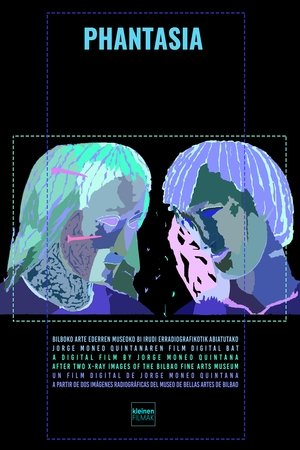 8.0
8.0Phantasia(xx)
X-ray images were invented in 1895, the same year in which the Lumière brothers presented their respective invention in what today is considered to be the first cinema screening. Thus, both cinema and radiography fall within the scopic regime inaugurated by modernity. The use of X-rays on two sculptures from the Bilbao Fine Arts Museum generates images that reveal certain elements of them that would otherwise be invisible to our eyes. These images, despite being generally created for technical or scientific purposes, seem to produce a certain form of 'photogénie': they lend the radiographed objects a new appearance that lies somewhere between the material and the ethereal, endowing them with a vaporous and spectral quality. It is not by chance that physics and phantasmagoria share the term 'spectrum' in their vocabulary.
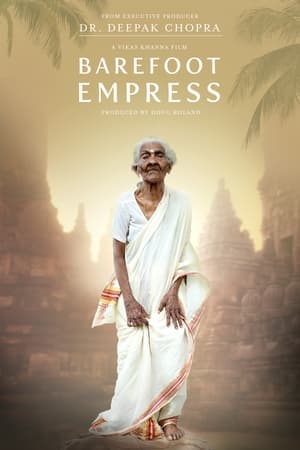 0.0
0.0Barefoot Empress(en)
A 96-year-old woman in a Kerala village pursues her lifelong dream of getting an education. Having never gone to school, she must start at the beginning...first grade.
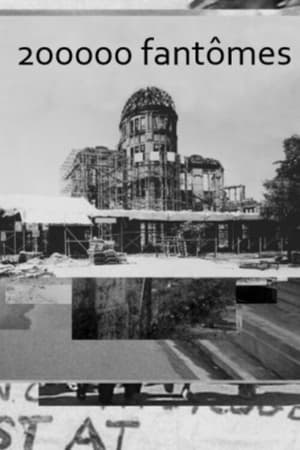 7.4
7.4200,000 Phantoms(fr)
In 1914, the Czech architect Jan Letzel designed in the Japanese city of Hiroshima Center for the World Expo, which has turned into ruins after the atomic bombing in August 1945. “Atomic Dome” – all that remains of the destroyed palace of the exhibition – has become part of the Hiroshima memorial. In 2007, French sculptor, painter and film director Jean-Gabriel Périot assembled this cinematic collage from hundreds of multi-format, color and black and white photographs of different years’ of “Genbaku Dome”.
 0.0
0.0The Coffee Trail with Simon Reeve(en)
Adventurer and journalist Simon Reeve heads to Vietnam to uncover the stories behind the nation's morning pick-me-up. While we drink millions of cups of the stuff each week, how many of us know where our coffee actually comes from?
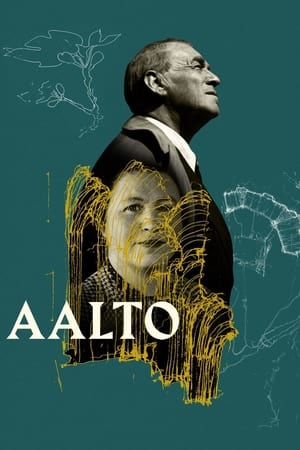 6.1
6.1Aalto(fi)
Aalto is one of the greatest names in modern architecture and design, Aino and Alvar Aalto gave their signature to iconic Scandic design. The first cinematic portrait of their life love story is an enchanting journey of their creations and influence around the world.
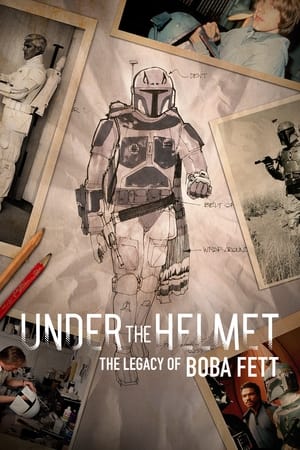 6.9
6.9Under the Helmet: The Legacy of Boba Fett(en)
A special celebrating the origins and legacy of Star Wars' legendary bounty hunter, Boba Fett.
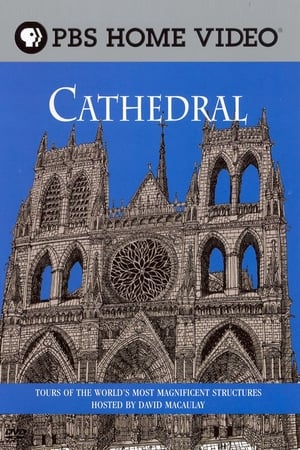 0.0
0.0David Macaulay: Cathedral(en)
Author David Macaulay hosts CATHEDRAL, based on his award-winning book. Using a combination of spectacular location sequences and cinema-quality animation, the program surveys France's most famous churches. Travel back to 1214 to explore the design of Notre Dame de Beaulieu, a representative Gothic cathedral. The program tells period tales revealing fascinating stories of life and death, faith and despair, prosperity, and intrigue.
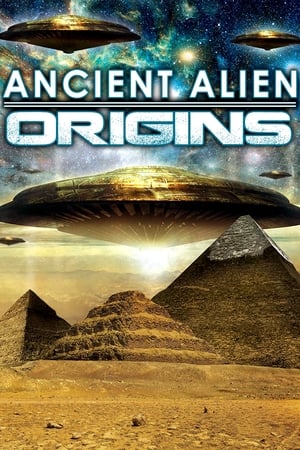 5.0
5.0Ancient Alien Origins(en)
Researchers discover that Aliens from another world assisted in the evolution of man and were the genesis of a very real bloodline that remains intact today. The Aliens left Earth millennia ago, but the signs are growing daily.
